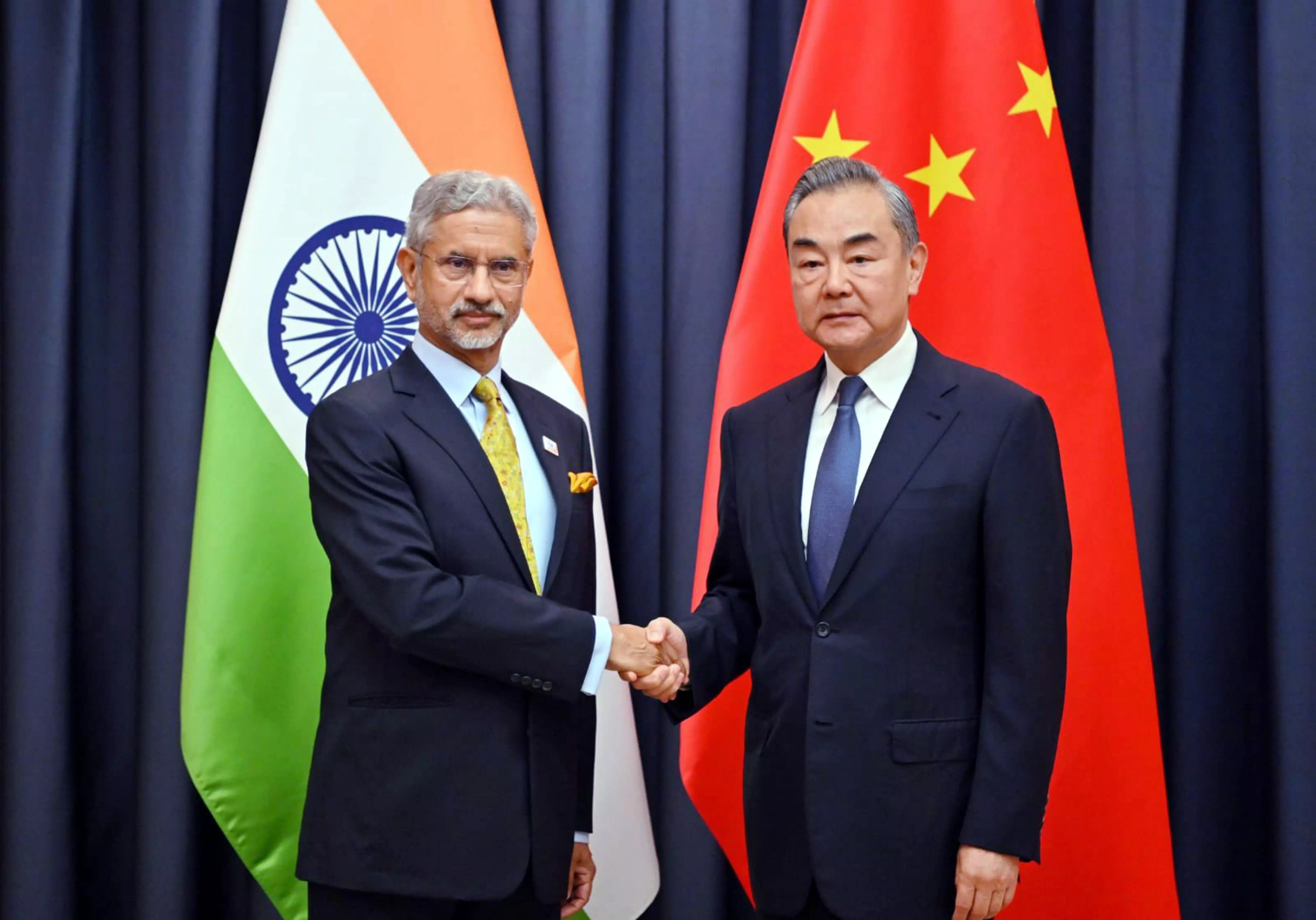Mature diplomacy

Regional powers gathered in Astana, Kazakhstan, for the 2024 Shanghai Cooperation Organisation (SCO) summit on July 4 with the theme ‘Strengthening Multilateral Dialogue—Striving Towards a Sustainable Peace and Prosperity’. This summit has brought together 16 leaders, including prominent figures such as Chinese President Xi Jinping, Russian President Vladimir Putin, and Pakistani Prime Minister Shehbaz Sharif. India, as a pivotal member of the SCO since 2017, is progressing with the vision for a 'secure' SCO. Its key priorities include security, economic cooperation, connectivity, unity, respect for sovereignty and territorial integrity, and environmental protection. It is no surprise then that India’s External Affairs Minister S Jaishankar, during his meeting with Chinese Foreign Minister Wang Yi on the sidelines of SCO summit, highlighted that India's approach is grounded in its commitment to mutual respect, mutual interest, and mutual sensitivity. Their discussions were centred on resolving the prolonged border standoff in Eastern Ladakh, which has been a point of contention for over half a decade.
The border standoff in Eastern Ladakh has cast a long shadow over India-China relations, necessitating peaceful resolution to restore normalcy. Jaishankar’s reiteration that bilateral ties must be built on "mutual respect, mutual interest, and mutual sensitivity" is reflective of a firm, unyielding approach to China’s belligerent stand on the geopolitical situation in the region. The three principles form the cornerstone of India’s foreign policy approach towards China, aiming for a balanced and respectful relationship. India, as an emerging global power, has chosen not to succumb to the pressure of mighty China, which is laudable. By making various aspects of bilateral relations, like trade, conditional upon restoration of normalcy along the border, India continues to give China the taste of a bitter truth—if fundamentals of foreign policy are kept intact in the globalised world, the tactics of manipulation and subjugation are bound to fail.
The talks between the two leaders are more than important because high-level interactions between India and China have been sparse since the Doklam standoff; the SCO platform has chipped in to fill the void amid a complex geopolitical scenario. Notably, S Jaishankar’s reaffirmation of India's support for China’s Presidency of the SCO next year showcases India's commitment to multilateralism and regional cooperation, as long as it does not come at the cost of undermining territorial sovereignty and mutual respect. India’s mature response to Chinese belligerence, with an approach incorporating professionalism and well-calculated balance, should nudge China to rethink its approach towards India. It must realise that it will hardly achieve anything by applying its notorious manoeuvring tactics against India. On the other hand, a favourable and respectful relation with India can usher in the elements of stability and prosperity in the region—benefitting both nations
In parallel to the India-China talks, Jaishankar also engaged with Russia’s Foreign Minister Sergey Lavrov. This meeting reflected yet another example of India's proactive and firm diplomatic engagement. India has voiced serious concerns about the recruitment of its nationals by the Russian Army in the war zones, which contradicts the spirit of the India-Russia partnership. As per reports, at least four Indians, recruited by the Russian Army, have been killed in conflict. The discussions with Lavrov aimed at securing the safe and expeditious return of Indian nationals from the conflict zones. India’s wise and pragmatic engagements at the SCO summit present signs of a mature diplomacy.



